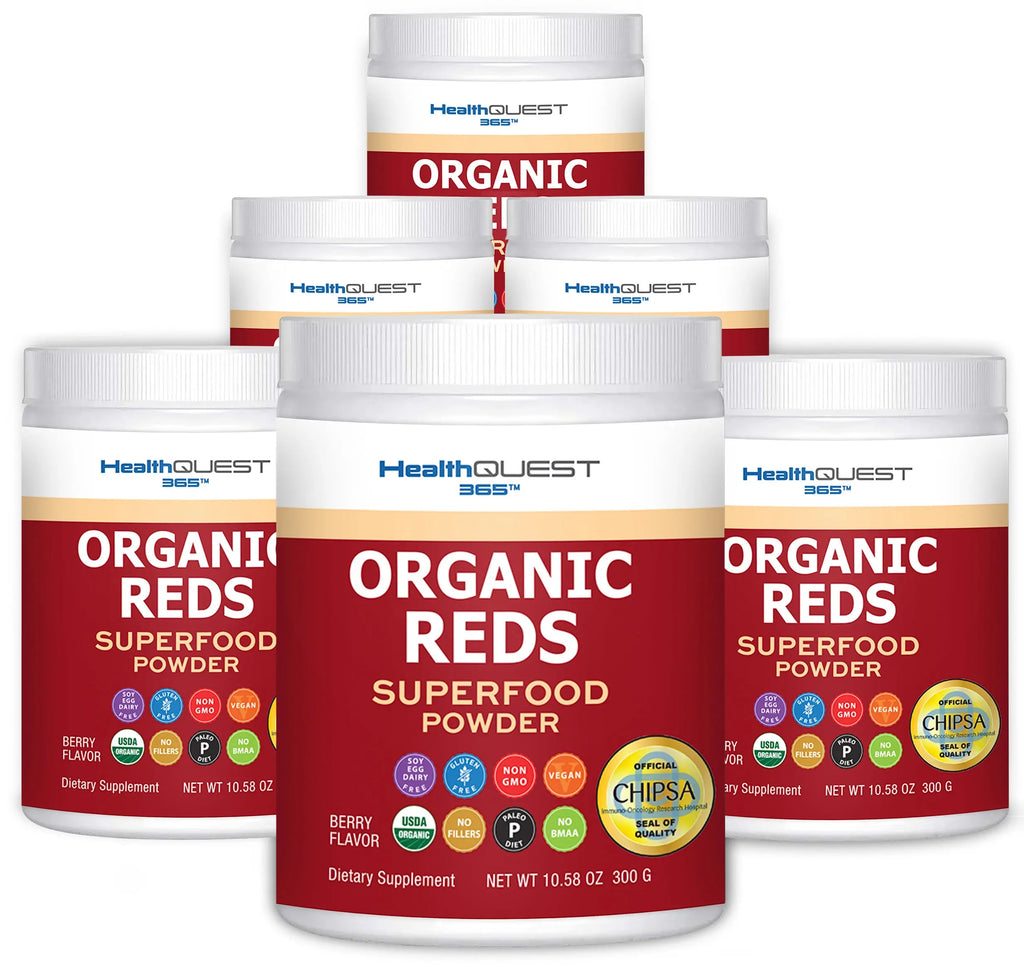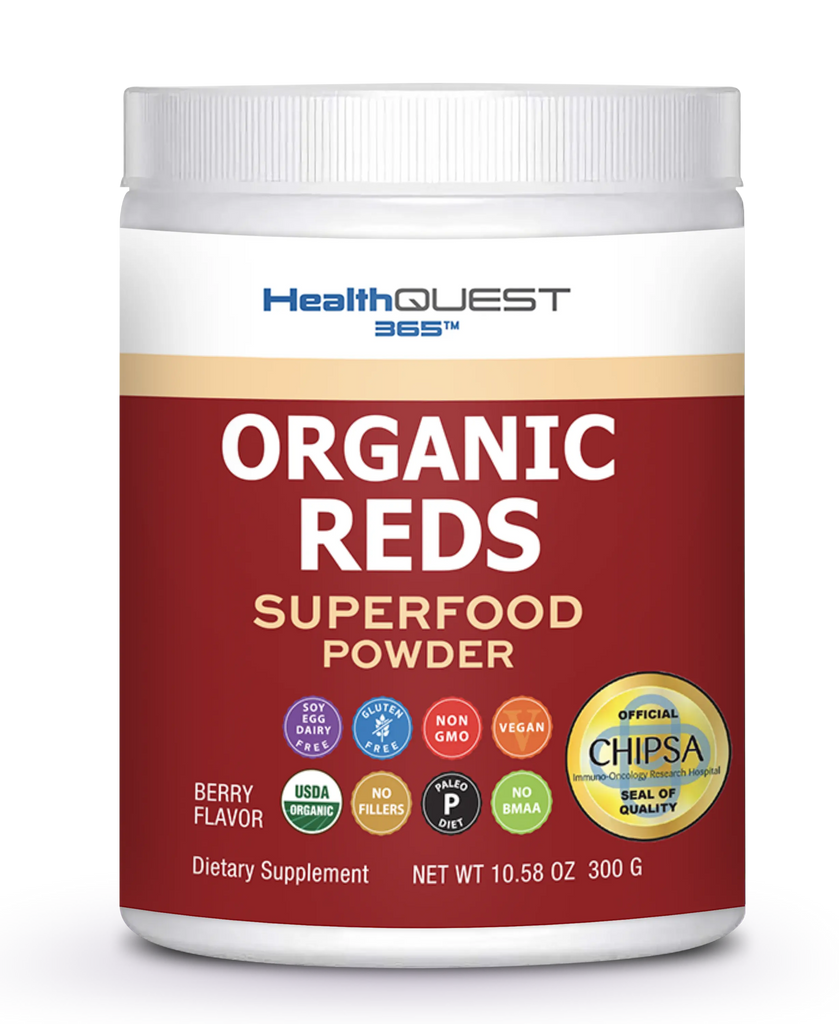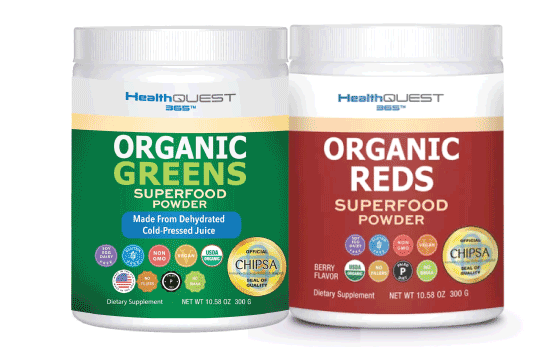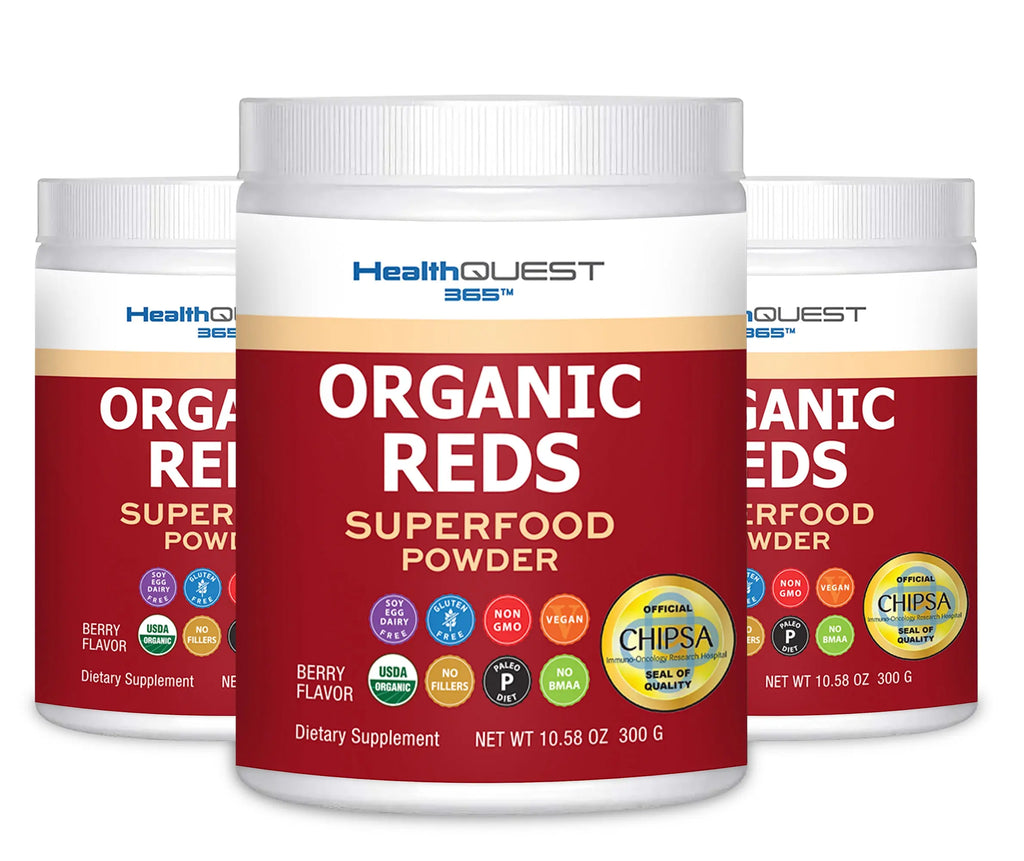It’s about health. It’s about healthy lifestyle. It’s about family™

Does Exercise Lower Cholesterol ?
Exercise is good for your health. It helps improve your heart fitness and strengthens your muscles and bones. It can also help you take care of your mental wellbeing. Additionally, exercise is beneficial for preventing and managing health conditions. That includes obesity, heart disease, stroke, and type 2 diabetes.
But the question is: does exercise lower cholesterol levels?

TYPES OF CHOLESTEROL
Before we talk about exercise, let's talk about cholesterol first. There are two main types of cholesterol:
HDL CHOLESTEROL
High-density lipoprotein or HDL cholesterol is the “good” cholesterol type. It helps remove excess cholesterol from your body.
LDL CHOLESTEROL
Low-density lipoprotein or LDL cholesterol is the “bad” cholesterol type. It can build up in your arteries and cause them to narrow. That may lead to heart disease.
THE RELATIONSHIP BETWEEN EXERCISE AND CHOLESTEROL
So, does exercise lower cholesterol? Yes, but only if you already have high cholesterol levels. If you have normal or low cholesterol levels, exercise isn't going to have a significant impact.
That being said, if you have high cholesterol levels, physical activity can help lower them. One study looked at people who exercised for 30 minutes a day for six months. They were able to lower their LDL cholesterol levels by 8%.
Exercise works to lower cholesterol levels by increasing the size of your HDL particles. A good exercise program also helps your liver get rid of LDL cholesterol.
EXERCISES TO LOWER CHOLESTEROL LEVELS
Do you want to lower your cholesterol with exercise? Certain types of exercises are more effective than others.
AEROBIC EXERCISE
Aerobic exercise is any type of activity that gets your heart rate up and makes you breathe harder. Examples of aerobic exercise include walking, running, cycling, and swimming.
STRENGTH TRAINING
Strength or resistance training is another type of exercise that can help lower cholesterol. It includes activities such as lifting weights and using resistance bands.

Give You ALL Our Best Workbooks
Get all the Best Workbooks + Action Guides from our expert
LIFESTYLE CHANGES FOR LOWERING CHOLESTEROL
Aside from exercise, other lifestyle changes can help lower your cholesterol levels.
QUIT SMOKING
Smoking is one of the worst things you can do for your heart health. If you smoke, quitting is one of the best things you can do to lower your cholesterol.
EAT A HEALTHY DIET
Eating a healthy diet is another lifestyle change you can make to help lower your cholesterol levels. A healthy diet includes foods such as fruits, vegetables, whole grains, and lean protein.
AVOID PROCESSED FOODS
Processed foods are high in unhealthy saturated and trans fats, which can raise your cholesterol. Instead of processed foods, focus on eating whole foods.


FREE "Mystery Gift"?
Let me stay in touch with you via email and as a thank you - get this FREE gift.. Something others paid over $1,000 for.
(True story)
REDUCE STRESS LEVELS
Stress can also impact your cholesterol levels. If you're regularly stressed, find ways to reduce your stress levels. That could include things like yoga, meditation, and deep breathing exercises.
GET ENOUGH SLEEP
Getting enough sleep is important for overall health, including heart health. Aim for 7-8 hours of sleep each night.
These lifestyle changes, combined with exercise, can help lower your cholesterol.
TO WRAP UP
Exercise can help lower cholesterol, but it's not going to have a major impact on its own. You have to make other healthy lifestyle changes. Consider eating a healthy diet and quitting smoking.
If you have high cholesterol levels, make sure to talk to your doctor about the best way to lower them.
Do you need a superfood buddy to help you in your fitness journey? Look no further than Health Quest 365's Organic Greens 365 !
FREQUENTLY ASKED QUESTIONS
Exercise increases HDL (good) cholesterol levels, reduces LDL (bad) cholesterol, and promotes overall heart health, lowering the risk of cardiovascular disease.
Aim for at least 150 minutes of moderate-intensity aerobic exercise per week, or 75 minutes of vigorous-intensity exercise, to effectively lower cholesterol levels.
While exercise plays a significant role, combining it with a healthy diet low in saturated and trans fats and high in fruits, vegetables, and whole grains can optimize cholesterol-lowering benefits.
Regular exercise can lead to improvements in cholesterol levels within weeks to months, but individual results may vary based on factors like baseline cholesterol levels, intensity, and consistency of exercise.
Both aerobic exercises like walking, jogging, and cycling, and resistance training exercises like weightlifting, have been shown to effectively lower cholesterol levels when performed regularly.







